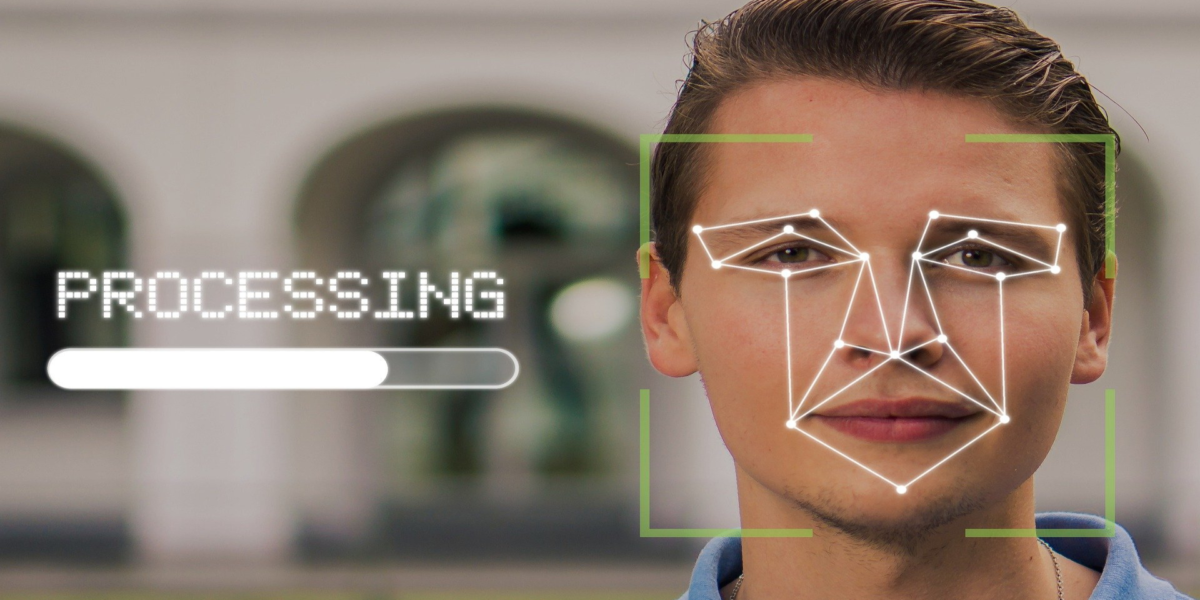A new study by the Yale School of Medicine, published in the journal Heliyon, demonstrates that an artificial intelligence (AI) model can reliably diagnose Marfan syndrome from a simple facial photograph.
Marfan syndrome, a genetic disorder affecting approximately 1 in 3,000 individuals, impacts connective tissues throughout the body. John Elefteriades, MD, professor of surgery at Yale and the senior author of the study, explained that patients with Marfan syndrome often present as very tall and thin, with long faces and susceptibility to spine and joint issues. Despite these indicators, many cases remain undiagnosed.
The disorder significantly raises the risk of aortic dissection, a condition where the aorta tears and can be life-threatening, requiring urgent surgical intervention. Elefteriades highlighted the potential of AI to enhance early diagnosis and facilitate timely protective treatments.
In their pilot study, the research team analyzed 672 facial photographs of individuals with and without Marfan syndrome. A Convolutional Neural Network was trained on 80% of these images and then tested on the remaining 20%, achieving a remarkable 98.5% accuracy in distinguishing between Marfan and non-Marfan faces.
Read More: GTA 6 latest ‘leaks’ unveil exciting updates
Looking ahead, the researchers plan to make the AI diagnostic tool available online. “We are excited to extend this work beyond the initial pilot project and anticipate that many individuals may use the online test for self-assessment,” Elefteriades noted.
Nancy J. Brown, MD, dean of Yale School of Medicine, praised the initiative: “Yale School of Medicine faculty and students are at the forefront of developing innovative AI applications to recognize and diagnose diseases, including rare conditions, at an earlier stage where we can have the most impact.”
The study also involved contributions from Sandip Mukherjee, Mohammad A. Zafar, and Bulat Ziganshin, with Danny Saksenberg of Emerge, who holds a position at Yale, conducting the AI analysis.
















